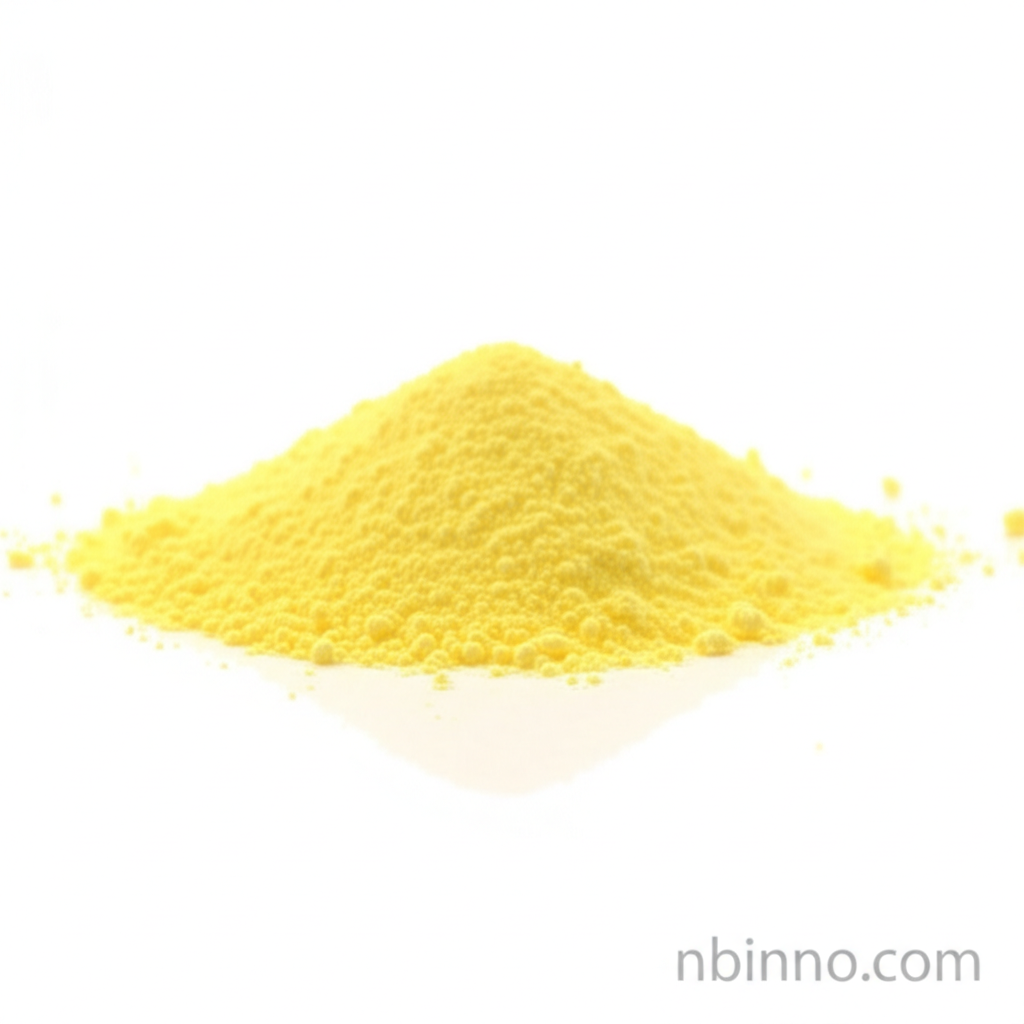Sterculic Acid CAS 738-87-4: Properties and Applications
Discover the scientific properties and research applications of this potent SCD1 inhibitor.
Get a Quote & SampleProduct Core Value

Sterculic Acid
Sterculic acid is a significant cyclopropene fatty acid identified as a potent inhibitor of Stearoyl-CoA Desaturase-1 (SCD1). Its precise inhibition of delta-9 desaturase (Δ9D) activity, with an IC50 value of 0.9 μM, makes it a valuable tool in metabolic and cellular research. Beyond its primary function, it demonstrates potential in mitigating endoplasmic reticulum stress and preventing choroidal neovascularization, indicating a broad spectrum of biological activity for researchers exploring complex physiological pathways.
- As a key SCD1 inhibitor, sterculic acid helps researchers investigate metabolic disorders like metabolic syndrome.
- Understanding the sterculic acid properties is crucial for its effective application in biological assays.
- The synthesis of sterculic acid is a critical aspect for ensuring consistent availability for scientific study.
- Exploring the applications of sterculic acid suppliers ensures access to high-quality research-grade compounds.
Key Advantages for Research
Potent SCD1 Inhibition
Leverage the specific inhibition of delta-9 desaturase activity by sterculic acid cas 738-87-4 for precise studies in lipid metabolism.
Therapeutic Potential Exploration
Investigate the compound's promise in addressing metabolic syndrome and other related health conditions by studying sterculic acid inhibitor mechanisms.
Broad Biological Activity
Utilize its effects on ER stress and neovascularization to explore new research avenues in cellular biology and disease modeling, informed by our understanding of sterculic acid properties.
Key Applications
Lipid Metabolism Research
Sterculic acid is pivotal for understanding lipid synthesis pathways, particularly the role of SCD1, aiding research into obesity and diabetes.
Metabolic Syndrome Studies
Investigate the preventative and therapeutic potential of this compound in models of metabolic syndrome, crucial for developing new treatments.
Cellular Stress Studies
Explore how sterculic acid mitigates endoplasmic reticulum stress, providing insights into cellular health and disease mechanisms.
Ophthalmology Research
Its ability to prevent choroidal neovascularization makes it a subject of interest in research for treating age-related macular degeneration.
